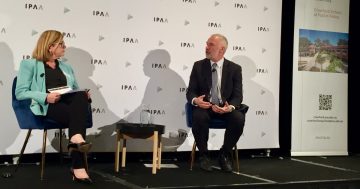I have been applying for government positions in different agencies over the last year. I’ve made it through to interview stage a few times now, but seem to stumble at this last hurdle.
The interview situation brings me quite unstuck and the whole thing seems to fall to bits. As you can imagine the more often you fail, the more likely you feel you’ll fail the next time round. I feel that I need some professional advice. So, does anyone know any good APS interview coaches in Canberra OR anyone who does phone coaching in other states?
Any suggestions?




















